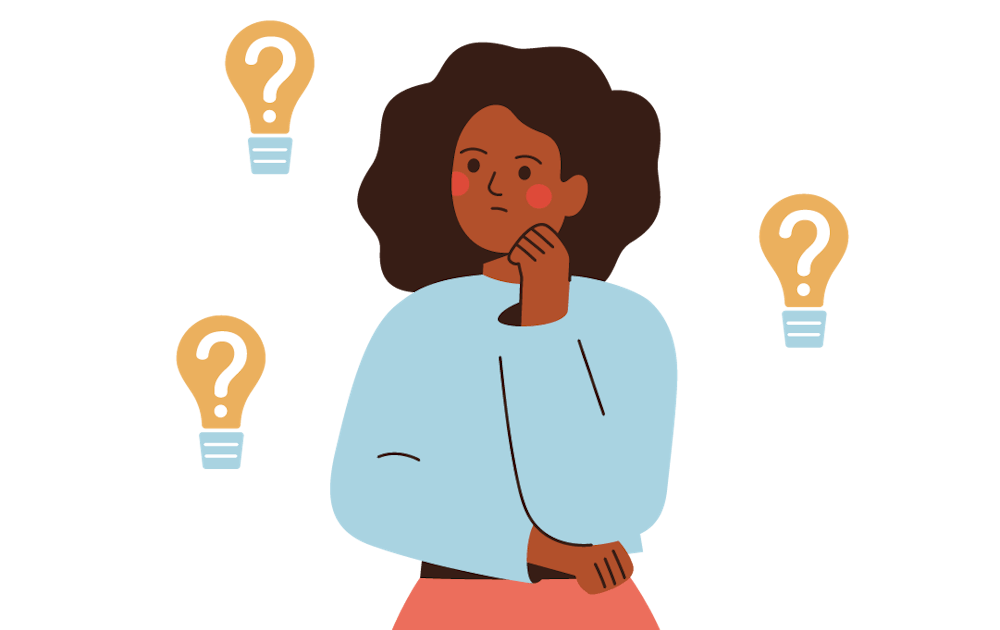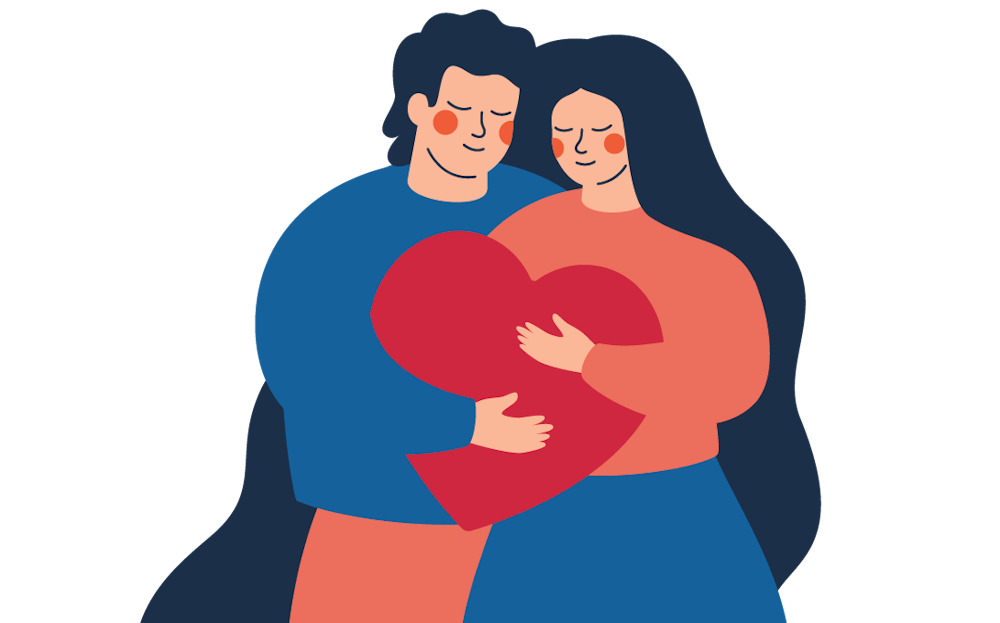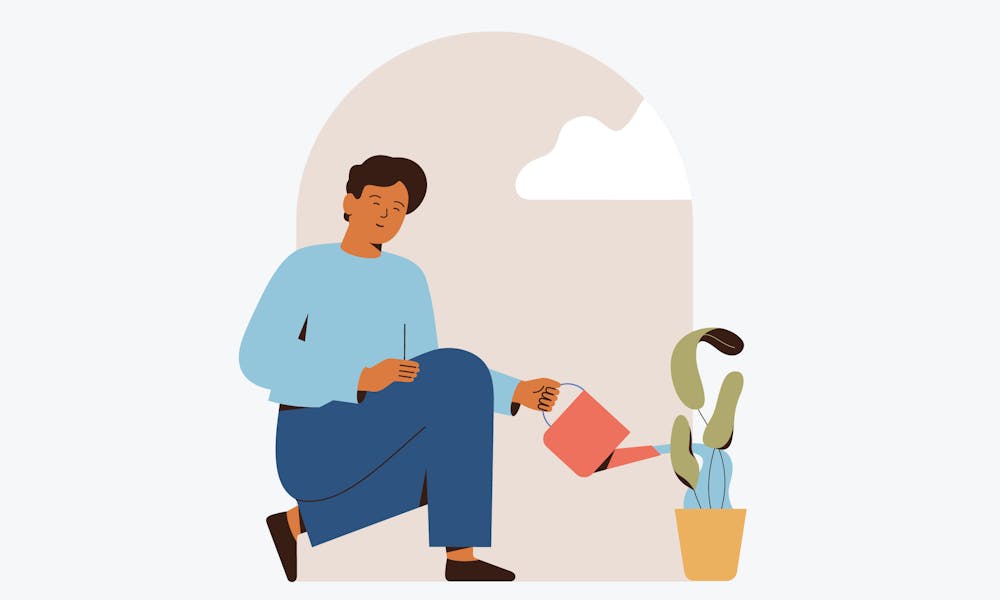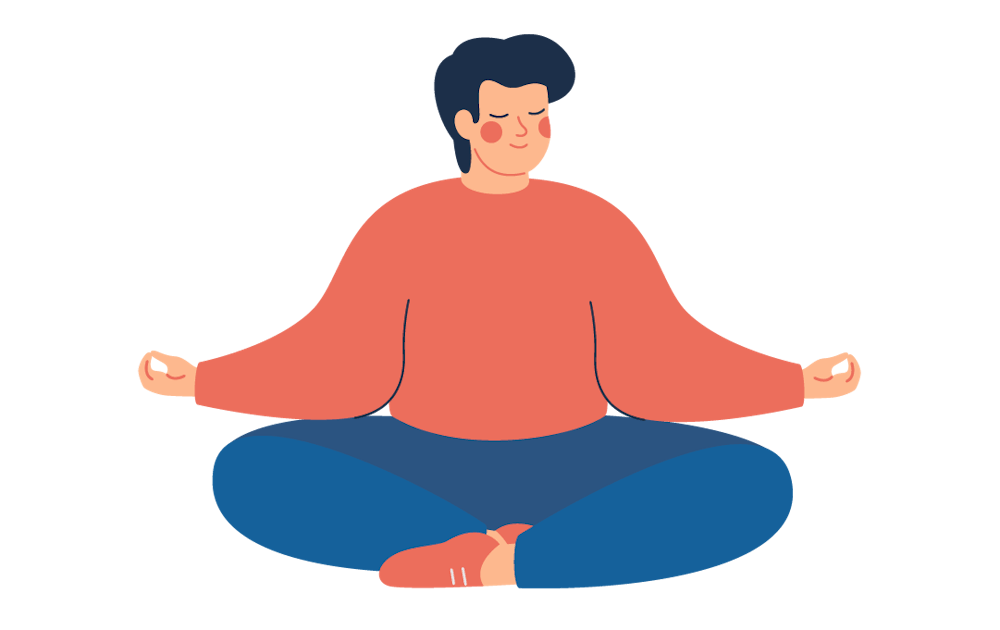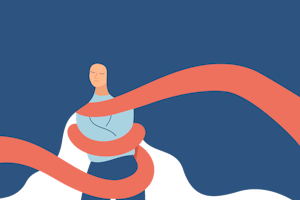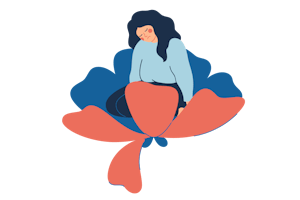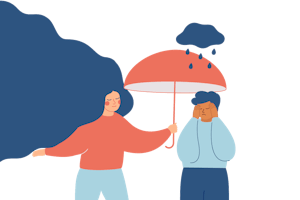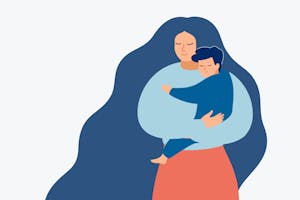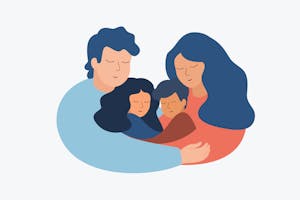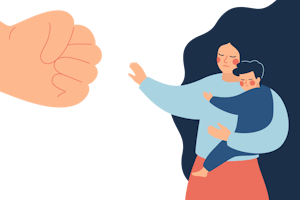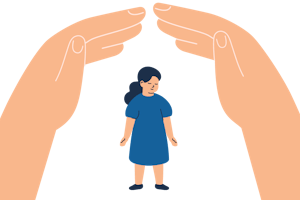Problem solving
Everyone encounters difficult problems that need to be solved. Problems that are unsolved for a long time can have a negative impact both mentally and physically. It is therefore an important skill to be able to spot a problem and be able to solve it.
To work out problems, it's a good idea to:
- Practice putting problems into words: "The problem is that..."
- Think about if the problem is maybe just a symptom of another problem.
- Find the root of the problem and be able to distinguish between causes and symptoms.
- One way to get to the root cause quickly is to ask over and over again "Why?"
Once it is clear what the real problem is, the next steps are often to:
- Split big problems down into smaller parts.
- Find all kinds of possible solutions.
- Choose the best solution.
- Conduct the solution.

